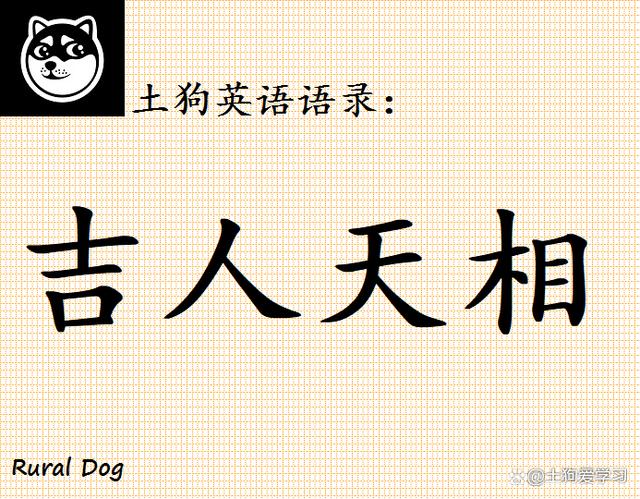Translating "吉" into English
Translating "吉" into English
Translating words from one language to another can be a nuanced task, as meanings can vary depending on context and cultural connotations. When translating "吉" into English, several possibilities arise, each with its own subtle distinctions.
One common translation of "吉" is "lucky." This term conveys a sense of good fortune or auspiciousness. For example, "吉祥如意" (jíxiáng rúyì) can be translated as "may all your wishes be fulfilled" or "may you have good luck."
"Auspicious" is another suitable translation for "吉." It implies a positive sign or indication of future success or prosperity. In traditional Chinese culture, auspicious symbols are often associated with blessings and good luck.
"Propitious" is a slightly more formal term that can also be used to translate "吉." It suggests favorable conditions or circumstances that lead to a successful outcome. For instance, "今天的气氛很吉利" (jīntiān de qìfēn hěn jílì) can be translated as "the atmosphere today is very propitious."

"Fortunate" is a broader term that encompasses the idea of luck or auspiciousness. It refers to being favored by chance or having advantageous circumstances. For example, "他很吉利,总是能遇到好事" (tā hěn jílì, zǒng shì néng yùdào hǎoshì) can be translated as "he is very fortunate and always encounters good things."
"Favorable" is a versatile term that can capture the positive meaning of "吉." It indicates conditions that are advantageous or conducive to success. For instance, "这是一个吉利的时机" (zhè shì yīgè jílì de shíjī) can be translated as "this is a favorable opportunity."
In conclusion, translating "吉" into English requires considering the context and intended connotations. Whether it's "lucky," "auspicious," "propitious," "fortunate," or "favorable," each translation captures different aspects of the positive meaning conveyed by "吉" in Chinese.












评论
匿名用户
回复走自己的路,让努力成为无价之宝。